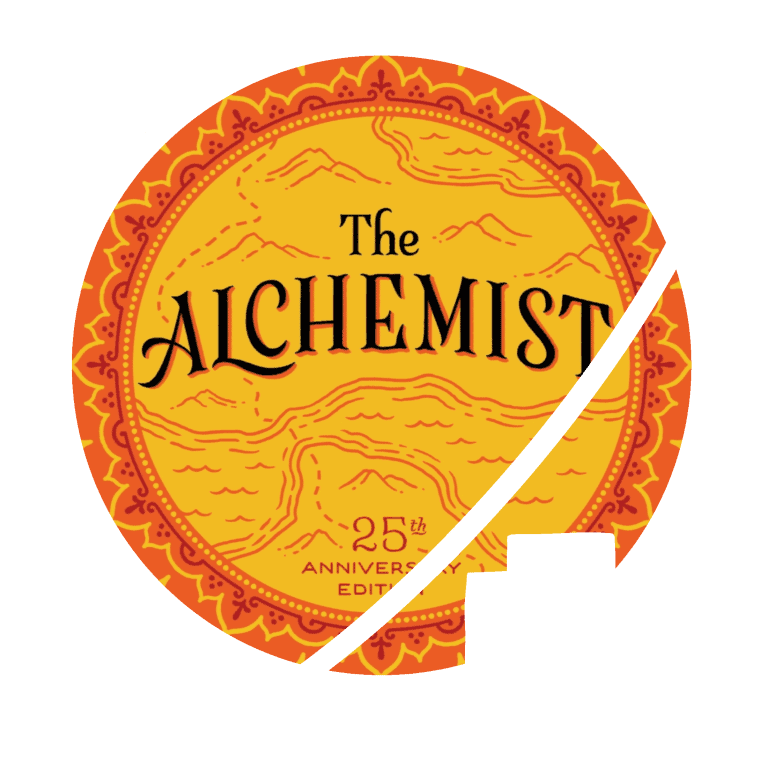- Novel written by Paulo Coelho
- Translated by Alan R. Clarke
- Published in 1988
- Standalone


Listened to the Alan R. Clarke translation, narrated by Jeremy Irons. I’m going to have to admit that seeing Irons as the narrator was at least half the reason I finally listened to The Alchemist and he did not disappoint: Irons has an incredible voice that fits the story very well.
The Alchemist is one of these novels that I have been aware of for a long time. I’m not sure why I never read it, but I regret that now. I would have loved to have read this as a kid.
The Alchemist is a retelling of a story told a thousand times: a shepherd boy leaving all he knows behind, travelling to foreign lands, looking for treasure. Of course, he finds and experiences much more along the way, and of course, there is a classic twist at the end.
That classic tale is mostly a vehicle, however, for the book’s message: that everyone has a personal legend, and that the universe will conspire to help a person who is on their way to achieving that personal legend. It is a book about seeking out and committing to your destiny, no matter the setbacks along the way.
It is a beautiful and inspiring message, even if I’m not sure I agree: the world is a rather unyielding and unfair place, and even people trying really hard sometimes don’t make it. Still, Coelho’s characters are so confident that I didn’t doubt for a moment that the boy would manifest that personal legend.
Perhaps the best thing about The Alchemist is its length. It is about four hours of listening, I would venture about 200 pages long. On the right day, you could definitely finish it in a single inspirational and heart-warming sitting.
I love the simplicity, the single-minded focus of The Alchemist. There is not a word spent on a tangent, never a second thought required from the reader. The plot follows predictable lines, the book is set in the real world, many of the characters are stereotypes – all so that the reader keeps his mind on what really matters: the message.
The focus on the message is reinforced by the simple and elegant style of the book. To give one example: the main character is named in the first sentence of the book, but that is the only time his name is used; through the rest of the novel, he is just ‘the boy’. That this makes perfect sense throughout the novel is a sign of Coelho’s craftsmanship.
Especially because it is so short, I would whole-heartedly recommend The Alchemist to almost anyone: cynical folks like me who need a break, the better-natured readers looking for an inspirational tale to reinforce their energy, even readers who have never tried fantasy before and want to dip their toes in the water via Coelho’s simple magical realism. I am sure each and every one of them would remember The Alchemist for the rest of their lives.














